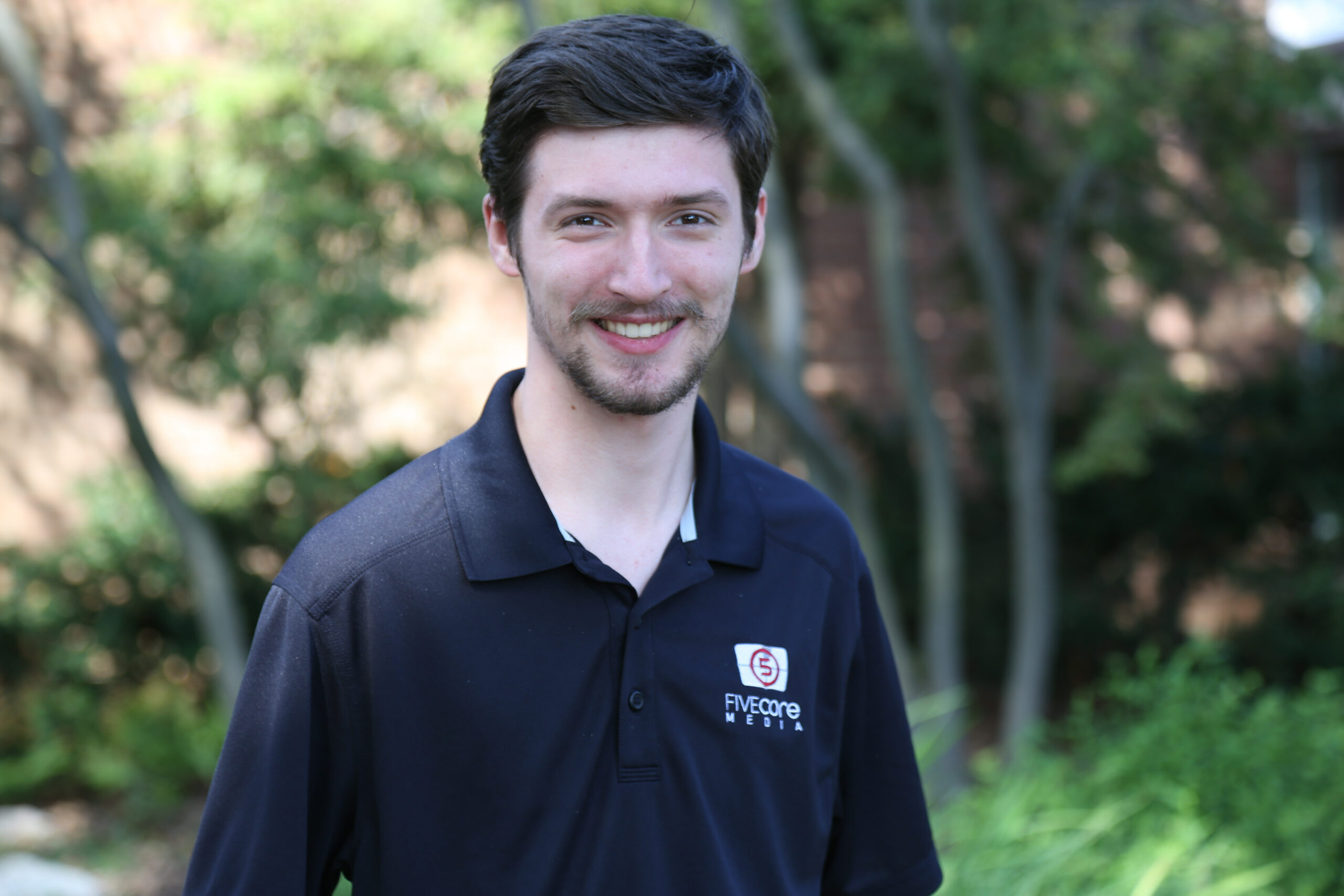Being a YouTube content creator is supposed to be a fulfilling creative experience, with the freedom to make a video on any topic of your choosing. That was YouTube’s main selling point to users when it first launched in 2005.
I too attempted to get on this bandwagon back in 2016, alongside hundreds of thousands of other creators. Over a couple of years, I created animated shorts about video games that I liked and live-action short films about superheroes that garnered around 300 views each.I soon learned that copyright restrictions could severely limit the creative freedom I thought I had.
When someone copyright claims your video, you get a notification saying that you’re using copyrighted material and any money you may have made on that video now belongs to the copyright owners.
Most of the time, artificial intelligence is the one to copyright claim a video, but companies or individuals can manually file a copyright claim on your video as well. And sometimes they file unfair or fraudulent copyright claims that go against fair use laws. These laws allow creators to use copyrighted material, so long as the work is transformative and used as parody or critique.
While none of the copyright claims I received on my videos were fraudulent, many users on the platform have been facing ridiculous, and sometimes career-damaging claims against their videos.
The epidemic of unjust copyright claims is severely hurting creators on YouTube, large and small. Powerful studios are becoming more and more greedy and are willing to abuse the copyright system for monetary gain. To this day, YouTubers are facing an uphill battle for their right to claim “fair use” on videos that contain copyrighted material.
On Dec. 15, a YouTuber named Greg Alba (with 780,000 subscribers) posted a video in which he and his friend sang the “Mission Impossible” theme song, but the lyrics were replaced with only Tom Cruise’s name. The following day, Sony ATV Publishing issued a copyright claim on Alba’s video, and took the money Alba would’ve made off of that video.
It was clear that a human manually claimed the video, and not artificial intelligence. Many other creators, including Alba, believed this claim to be in violation of his right to fair use. Alba appealed the claim, only for YouTube to tell him that it is out of their hands. Alba won’t receive a cent from that video containing a transformative parody version of a popular song.
Silly song parodies are not the only issue.
Professional film critics like Chris Stuckmann have been wrongfully copyright claimed by major film studios like Universal. These corporations have excellent lawyers, and they know that few would ever challenge them in court. These large entities want to profit off of any video that relates to their intellectual property, and they will justify it by claiming that any video containing footage that they own is fair game for them to monetize.
Stuckmann has threatened legal action against the major studio. Stuckmann has been claimed on countless film reviews simply because he included trailer footage of the film he was reviewing.
He has tweeted that Universal has claimed his reviews so many times that “It’s beginning to border on harassment.” With 1.2 million subscribers, and this being Stuckmann’s primary source of income, he has fought hard to dispute each and every claim Universal had filed against his channel. Lucky for him, Stuckmann has won dozens of disputes against Universal.
The most popular rebuttal from YouTube creators is that they are providing these big studios with free advertising. Many media consumers get hooked on something because they saw it being talked about on YouTube. Of course claiming “free advertising” doesn’t always legally stand. However, in the case of a 20-second parody song, or a seven-minute film review, the argument could be made that the consumers’ perception of the copyrighted work is affected by watching that video.
While it is possible to successfully file a dispute against a claimant such as Sony or Universal, YouTube makes it difficult for YouTubers to feel like they have any power.
The automated content identification system often makes mistakes, accidentally copyright claiming videos that follow fair use guidelines. However, some claims are manually filed by representatives of major studios, and because they’re as large as they are, it’s often difficult to police. Most of the time, only YouTube channels with large followings can even hope to have their copyright claims reversed. The most we can do right now is to bring awareness to the issue, and to support the creators that suffer from wrongfully getting their monetization taken away from them.




